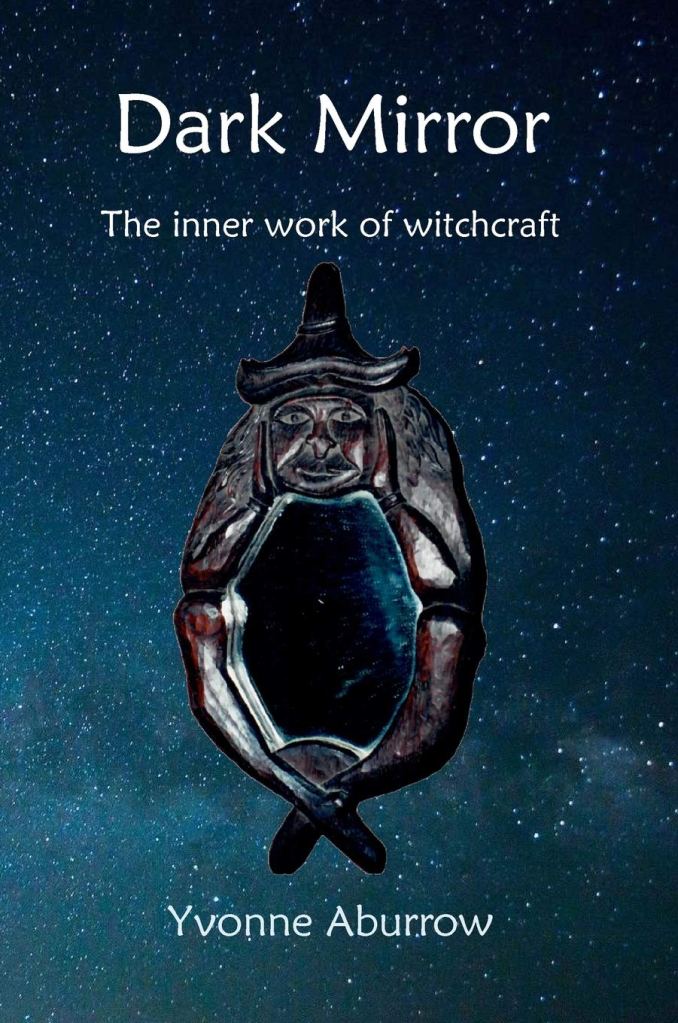I’m finding the concept of the Overton Window increasingly useful right now, as various sociopolitical ideas gain or lose ground, and debates change and morph.
The Overton window, also known as the window of discourse, describes the range of ideas tolerated in public discourse. The term is derived from its originator, Joseph P. Overton, a former vice president of the Mackinac Center for Public Policy, who, in his description of his window, claimed that an idea’s political viability depends mainly on whether it falls within the window, rather than on politicians’ individual preferences.
The usefulness of the Overton Window as an explanation for how discourses shift and change is not limited only to political debates. It also applies to theological, ecological, cultural, and social debates. (All of which can also be described as political, depending on how much ground you think that term covers.)
Moving from the margins to the centre
An idea once considered outrageous and outlandish shifts through various phases of acceptability until it actually becomes policy. The phases are roughly as follows, according to Joshua Treviño:
Unthinkable → Radical → Acceptable → Sensible → Popular → Policy
Ideas that were once unthinkable, like votes for women, divorce, same-sex marriage, and freedom of religion, are now the norm. It’s hard to imagine society without women having the vote. One day it’ll be hard to imagine life without same-sex marriage.

Moving from the centre to the margins
It’s worth bearing in mind that an idea can also fall from favour, as follows:
Policy → Popular → Sensible → Acceptable → Radical → Unthinkable
Examples here might include fox-hunting and the death penalty, which were once legal but are in various phases of sliding out of the Overton Window. Badger-baiting was once legal but is now unthinkable.

Two steps forward, one step back
Unfortunately, not everyone in society moves through the phases of the Overton Window at the same time. While I might be thinking that a particular idea is perfectly sensible (e.g. gun control), there will be others who are still at the state of thinking that it’s outrageous.
Conversely, there may be others embracing ideas that I consider to be outrageous (such as Brexit, the death penalty, or dropping the carbon tax) because their personal Overton Window is in a completely different position to mine.
And there are some ideas that were thought to be permanently excluded from the range between “acceptable” and “policy” that are suddenly popular again, and even policy in some cases.
When someone’s views are outside the range of acceptable ideas in my personal Overton Window, is when I would give up trying to communicate with them, and refuse them entry to my circle of intimacy. That degree of extremism is beyond being a simple difference of opinion.
Other areas of discourse
Similar shifts of opinion occur in theology. A hundred years ago (or thereabouts), polytheism, reincarnation, and subtle energies were unthinkable to most people in the west. Most people would have had no idea what a chakra is, or how to meditate. Nowadays these ideas are common currency (more do then the key concepts of Christianity). Christopher Partridge calls this the rise of occulture.
There is an urgent need for a shift in thinking about climate change, from a vague hope that it’ll be warmer where you live, to an overwhelming sense of urgency at the news that we have twelve years to do something about it. One of those shifts in thinking that is needed is the public perception of carbon tax and other measures designed to cut emissions.

All photos are from Pixabay and are public domain.
If you enjoyed this post, you might like my books.




So what you are saying, I think, is that each of us has our own Overton Window. However, I think the concept can be used to define common ground as well as “giving up trying to communicate with them, and refuse them entry to my circle of intimacy.”
For example, you and I have agreed on many things over the years. We disagree on gun control, mainly because I feel we live in a violent society in a remote area where police protection will come too late to matter and where my wife has had a face to face encounter with a predator. So it may be that my view on gun control is outside your Overton window, even though we may agree on 90% of other things. You may give up trying to communicate with me on that issue, but someone who is within your Overton window 90% of the time is still an ally. Heck, even someone within your window 50% of the time is still an ally on some issues – and it is there that we should do our best to find common ground.
In fact, I would argue that the best way to convert someone to your way of thinking when they are outside your Overton window is to work with them on things that are of mutual benefit – inside both windows. When people get to know each other, it isn’t the same as walking a mile in their shoes, but empathy can develop for another’s point of view. It has happened to me , so I know it can happen for others.
LikeLiked by 1 person
Oh yes, I agree – I’m not suggesting suspending communication on all issues just because one opinion is outside one Overton Window.
I’m saying there are some issues where the assumptions the person is starting with are so different that communication is extremely difficult and the person doesn’t want to change or learn or communicate. Or they just fling insults instead of debating sensibly.
Note that gun control is not the same as banning guns. Guns aren’t banned in the UK; they’re controlled.
LikeLike
Having said that, I agree there are some people too set in their ways to change, but the battle is always for the center.
LikeLiked by 1 person
Yes, and it’s surprising how much the centre can shift (both to the left and to the right).
In the meantime, here’s a fun and very tangentially related short story. It’s a tragedy that the author was killed in WW1.
http://www.eastoftheweb.com/short-stories/UBooks/OpeWin.shtml
LikeLike